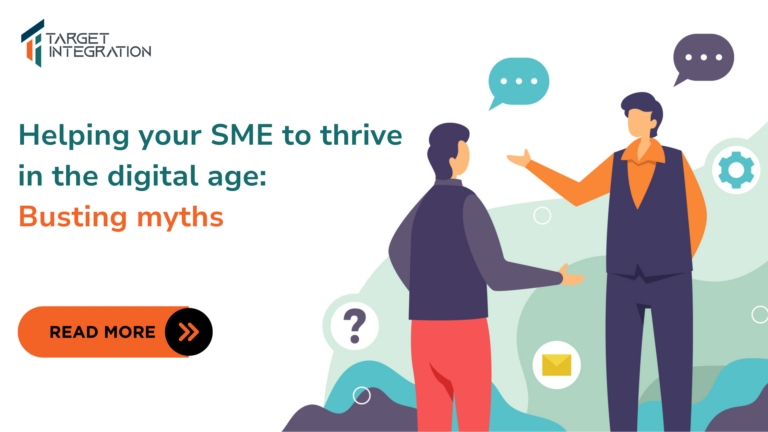Hello and welcome to our first article from the series on Cloud Computing.
During this series of articles we will be covering basics of Cloud Computing and providing you further information on what is this new buzz word in the market and how it can benefit your business.
This week we are starting from the basics to tell you what is cloud computing and in next weeks to come we will be talking about more in-depth topics about cloud and giving you examples of the cloud services which can benefit you at low or no cost at all.
We hope that you find the information provided here as useful and if there are any thoughts you may have please feel free to email them to [email protected]
What is Cloud Computing?
Cloud computing is virtual allocation of computer, server, software and system. It can be used on pay as you go and as needed. Some of its features are:
- No software or hardware required
- Access anywhere over Internet
- Elastic – scale up and down in capacity and functionalities.
Cloud Services are divided into 3 main categories:
Software as a Service (SaaS)
Provides software that you can use without having to install it, manage it, or buy hardware for it. These software range from your email services (Such as Google Apps, Microsoft 365 etc.) to document sharing and collaboration (such as Google Docs, Microsoft 365 SharePoint, Box.net etc.) to Customer Relationship Managers (CRMs such as Salesforce.com, Zoho CRM, vtiger CRM etc.).
These are perfect solutions for Small and Medium size businesses who would like to concentrate on your business but still get the best software and applications for their business with minimum costs.
Infrastructure as a Service (IaaS)
Provides as much virtual server and storage space as you need for your various requirements for example, Web Servers, ecommerce Platforms, Email Servers, Shared Drive Servers, VPN Servers. The optional pay as you go model ensures that you only pay for the resources used by you.
For example, you may want to scale up your ecommerce web server when the demand increases during the Christmas and/or holiday period and scale them back when the users on the website go down. With a cloud server scalability is very easy and quick with almost no downtime to your servers.
Some examples are Amazon Elastic Compute Cloud or Microsoft Azure platform.
Platform as a Service (PaaS)
Provides a set of software and product development tools to build applications on top of the compute infrastructure. This is more focussed towards application and software development companies who would like to roll out their services on the internet with no investment in infrastructure.
For example, Google App Engine, Oracle/AWS, AppFog.com are some such examples.
For next week we are going to cover the benefits of Cloud Computing in further details but here is a preview:
What are the benefits for your company?
- Reduced costs
- Improved efficiency, productivity and innovation
- High Collboration
- High availability and disaster recovery
If you want to know more about Cloud computing download a detailed presentation from our website.
















